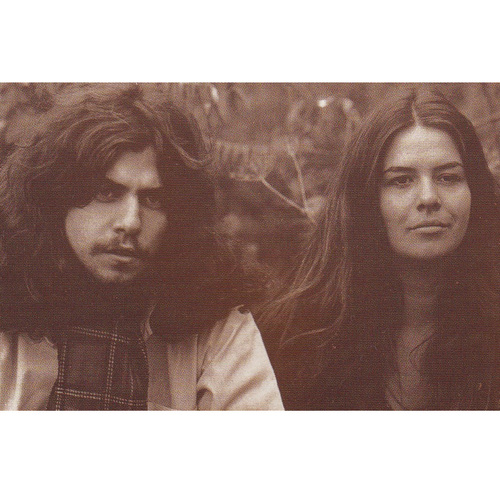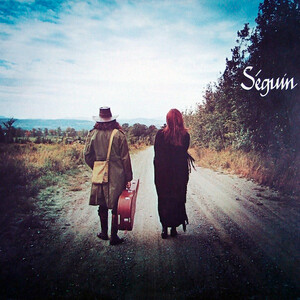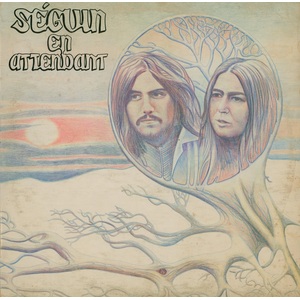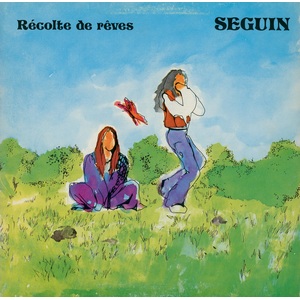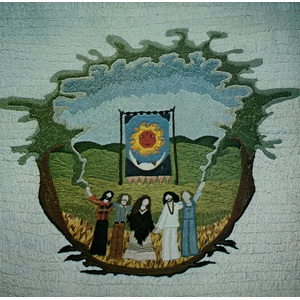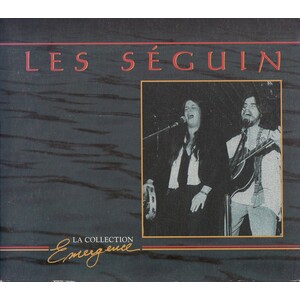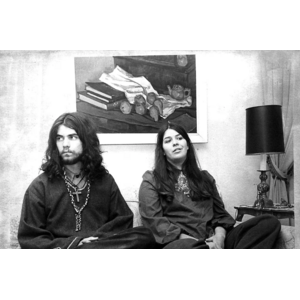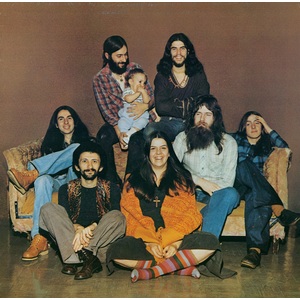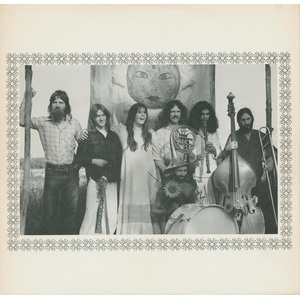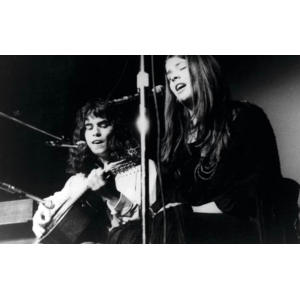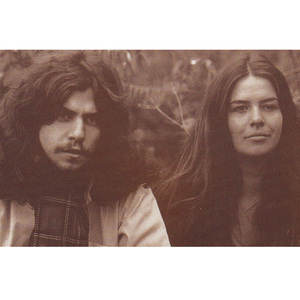Séguin, Les
Websites:
https://citizenfreak.com/artists/100476-nouvelle-frontiere-la, https://citizenfreak.com/artists/95061-fiori-seguin
Origin:
Pointe-aux-Trembles, Québec, 🇨🇦
Biography:
Marie-Claire and Richard Séguin were born as twins on March 27, 1952, in the working-class district of Pointe-aux-Trembles in the east end of Montréal. Though their early interests were different—Marie-Claire leaning toward piano while Richard gravitated toward guitar—it was in their teenage years that music truly brought them together. They began performing as Les Nochers in 1966, soon evolving into a duo under the simple name Marie et Richard. Their talents were quickly recognized when Montréal’s legendary Le Patriote nightclub named them Most Promising Newcomers of 1968.
In 1969, the Séguins expanded their musical ambitions by co-founding the folk collective La Nouvelle Frontière. With this group, they recorded two albums for the Gamma label that blended the emerging Québec chanson movement with rich vocal harmonies and progressive folk arrangements. After the group disbanded in 1971, Marie-Claire and Richard returned to performing as a duo under the name Séguin. Over the next five years, they recorded four critically acclaimed albums: Séguin and En attendant for Warner Brothers, Récolte de rêves for United Artists, and Festin d’amour for CBS. Their music combined elements of folk, rock, and poetic lyricism, often addressing themes of ecology, Indigenous rights, social justice, and spiritual reflection. Throughout this period, the Séguins became known not only for their exquisite harmonies but for their lyrical depth and unwavering commitment to Québec’s growing cultural identity.
In December 1976, after years of recording and touring, the siblings amicably parted ways to pursue solo careers. Richard’s career quickly accelerated when he collaborated with Serge Fiori of Harmonium on the landmark album Deux cents nuits à l’heure, released in 1977. The album became an instant classic in Québec, earning multiple Félix Awards at the inaugural ADISQ gala in 1979, including Group of the Year and Album of the Year. This success established Richard Séguin as one of the leading voices of a new generation of Québec songwriters.
Launching his solo career in 1979 with his self-titled debut, Richard continued to build a devoted audience with each release. His 1981 album Trace et contraste, created with novelist Louky Bersianik and lyricist Yvon Bellemare, won international recognition. In 1985, after voice training to expand his vocal range, he recorded Double vie, which won Félix Awards for Songwriter of the Year and Rock Album of the Year in 1986. This marked a pivotal moment in his career, as the album achieved gold certification and firmly established him as a mature, politically engaged artist. His 1988 release Journée d’Amérique further elevated his status, going platinum and earning multiple awards for its poignant exploration of social and political themes.
Richard’s artistry continued into the 1990s with Aux portes du matin and Microclimat, both praised for their poetic introspection and musical sophistication. Over the years, his work has been honored with numerous Félix Awards, SOCAN Classics, and international accolades. Beyond music, Richard is also an accomplished visual artist specializing in wood engraving, and a passionate advocate for social causes including Indigenous rights, literacy, peace, and environmental preservation. His commitment to his community is reflected in initiatives such as the Sentier poétique and the Grande Nuit de la Poésie in Saint-Venant-de-Paquette, where he resides. In recognition of his lifetime achievements, Richard Séguin was named a Companion of the Ordre des arts et des lettres du Québec in 2023, and is scheduled to be inducted into the Canadian Songwriters Hall of Fame by SOCAN in 2025.
Following the duo’s split, Marie-Claire Séguin quietly built her own respected solo career. She released her self-titled debut Marie-Claire Séguin in 1978, followed by Minuit un quart in 1986 and Une femme, une planète in 1990. Her voice, deeply expressive and intimate, earned her a loyal following in Québec and beyond, with performances on CBC television and tours throughout francophone Canada and France. While she maintained a lower public profile than her brother, Marie-Claire’s solo work has been praised for its emotional resonance and lyrical sensitivity.
From their earliest days singing together as teenagers, through their pioneering role in Québec’s vibrant folk-rock scene, to their individual contributions as solo artists, Richard and Marie-Claire Séguin have left a profound and enduring mark on the cultural landscape of Québec. Their music remains a testament to the power of artistry rooted in place, language, and conviction.
-Robert Williston
